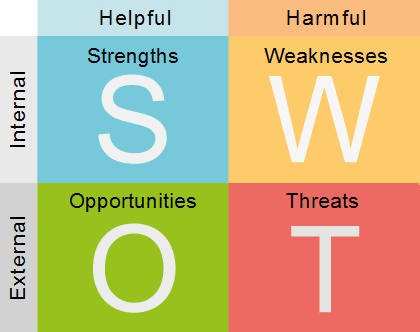The responsibility of a business is to make as much profit as possible, but still maintain equally good relations with its community, employees, customers, and shareholders. If it’s off balance, then the business will be “in decline… or be forced into decline”, as stated by R. Edward Freeman.
Associated British Foods has been accused of “tax avoidance” after having its offshore subsidiaries funnel record-breaking profits to tax havens. It ruined the balance of business ethics by keeping its profits instead of paying taxes. The community and local employee relations should be damaged. It would only be a matter of time before the local government starts telling the firm to pay up. The negative publicity caused from the publishing of news will affect the customer preferences.
The company is like a cardboard box balanced atop a stick. The different corners represent its relationships with different parties (ie. the community, the customers, the investors, etc), and if one corner gets too much dough, then the box will start to tilt. If the issue is not addressed, the box will fall off the stick, and for large firms, it can be a long way down. However, to balance the box once more, but shifting the weight to the other side will not simply solve the problem. Attention has to be paid to all corners to ensure the tilt is righted.
http://www.theguardian.com/business/2013/feb/09/british-sugar-giant-tax-scandal








